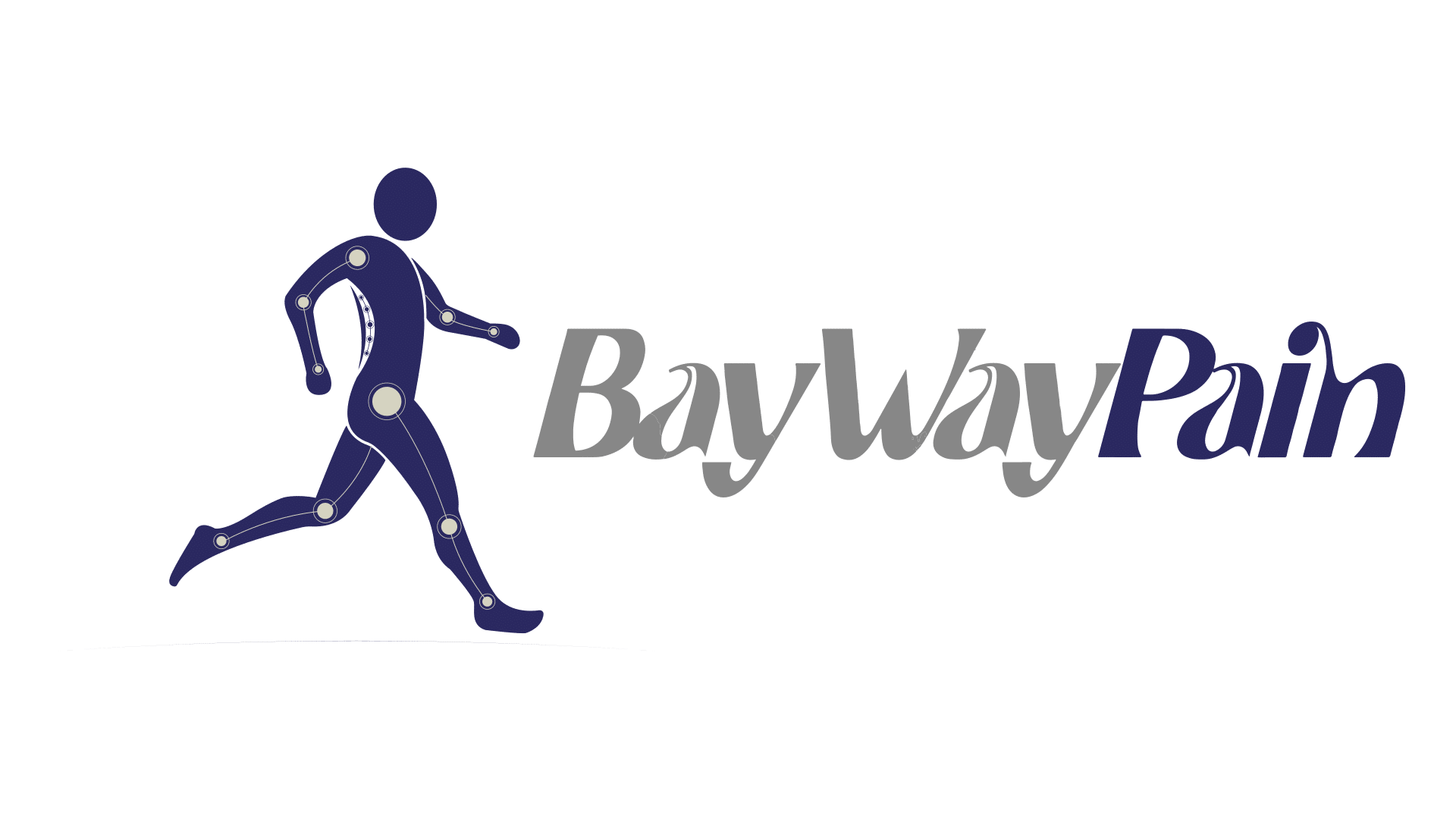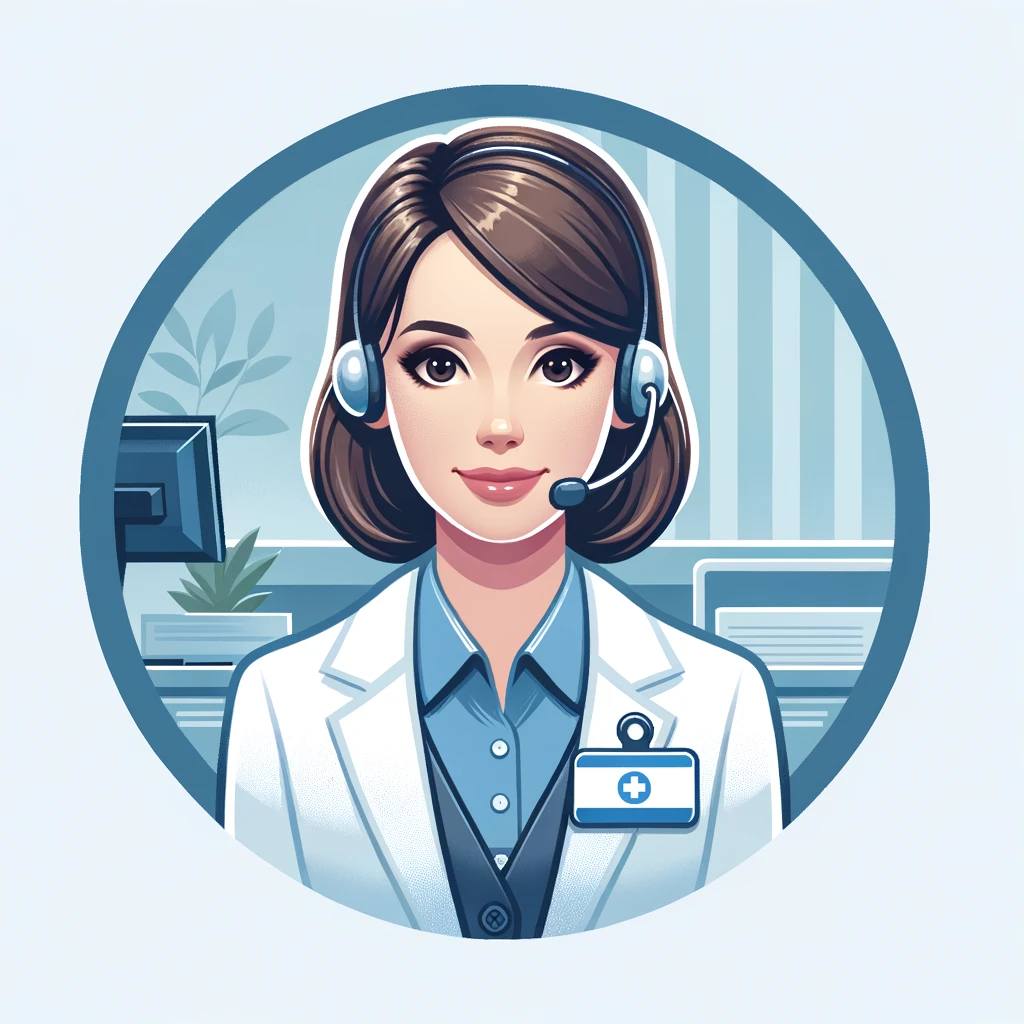Pain management in Brooklyn, especially among the elderly, has emerged as a crucial aspect of healthcare. With the unique challenges and needs of elderly patients, including chronic pain, comorbidities, and mobility issues, it’s essential to have a detailed understanding of what advanced pain management entails. In this article, we’ll explore the top 10 questions surrounding this topic, tailored specifically for pain management clinics in Brooklyn and guided by the expertise of renowned specialists like Dr. Henry Sardar.
1. What Makes Pain Management in Brooklyn Unique for Elderly Patients?
In Brooklyn, the uniqueness of pain management for the elderly stems from the diverse, culturally sensitive care approaches. Clinics, including those run by Dr. Henry Sardar, pain management specialist, recognize the importance of addressing not just physical pain but also the emotional and social factors that influence an elderly patient’s experience of pain. This involves collaborating with a network of specialists in geriatrics, physical therapy, and mental health to provide a comprehensive treatment plan.
2. How Do Pain Management Clinics in Brooklyn Address Mobility Issues in the Elderly?
Brooklyn clinics utilize innovative therapies such as balance training, aquatic therapy, and gentle strength-building exercises. These methods are particularly effective in not just alleviating pain but also in preventing falls and injuries, a common concern among the elderly. Additionally, clinics often provide education on safe mobility and ergonomics in daily activities, thus enhancing patients’ independence and quality of life.
3. What Advanced Pain Management Techniques are Available in Brooklyn?
Beyond conventional treatments, clinics in Brooklyn are exploring advancements like nerve blocks, radiofrequency ablation, and spinal cord stimulation. These methods are particularly beneficial for patients who have not responded well to traditional therapies. Moreover, with the integration of digital health technologies, clinics can offer more precise and tailored pain management strategies.
4. How Does Dr. Henry Sardar Approach Chronic Pain in Elderly Patients?
Dr. Sardar’s approach is deeply rooted in understanding the unique physiological changes that occur with aging. He emphasizes on gentle yet effective treatments, avoiding aggressive interventions that might pose risks to the elderly. His focus extends to enhancing mental well-being, recognizing its integral role in managing chronic pain effectively.
5. Are There Any Specific Therapies for Elderly Patients With Comorbidities?
Therapies for elderly patients with comorbidities in Brooklyn are carefully chosen to avoid drug interactions and minimize side effects. For instance, patients with cardiovascular issues may receive low-impact therapies like guided imagery or relaxation techniques. The aim is to provide pain management therapies while ensuring overall health stability.
6. What Role Does Patient Education Play in Pain Management?
Patient education is a cornerstone of pain management in Brooklyn. It involves teaching patients about the nature of their pain, strategies to cope with pain flare-ups, and how to use medications effectively and safely. This empowers patients, making them active participants in their pain management journey.
7. How Are Pain Levels Assessed and Monitored in Elderly Patients?
Assessment and monitoring are done using tools that are sensitive to cognitive impairments or communication barriers that might be present in the elderly. Pain management clinics often use visual aids, simplified rating scales, and involve family members or caregivers in the assessment process to ensure accurate pain evaluation.
8. Can Elderly Patients Access Alternative and Complementary Therapies in Brooklyn?
In Brooklyn, there’s a growing trend of integrating alternative therapies like cold laser therapy, shock wave therapy, and HEIT emFieldPro magnetic therapy into pain management programs. These therapies are not only effective in reducing pain but also improve cognitive function and emotional well-being, which is crucial for the holistic treatment of pain in the elderly.
9. What kinds of support services are available for elderly patients who are struggling with chronic pain condition?
A variety of support services are available, including social support groups, nutritional counseling, and aid with home health care. It is essential that these services be provided in order to guarantee that older patients are provided with a supportive atmosphere that is conducive to the management of chronic pain. In addition, events that include community engagement are organized in order to cultivate a sense of belonging and to lessen the feelings of loneliness that are frequently experienced by elderly people.
10. In what ways do pain management clinics in Brooklyn stay abreast of the most recent advancements in the field?
Brooklyn’s medical practices frequently take part in research and work in conjunction with academic institutions in order to maintain their position at the forefront of pain care. As a result of this continual interaction with the most recent scientific discoveries, the elderly patients are guaranteed to receive the most cutting-edge and efficient care that is currently available.
Advanced Pain Care in Brooklyn: A Beacon of Hope for the Elderly
The comprehensive and patient-centered approach that is characteristic of advanced pain care in Brooklyn, particularly for the elderly, is highlighted by the fact that… Pain management clinics in Brooklyn, which are directed by specialists such as Dr. Henry Sardar pain management specialist, provide a glimmer of hope for senior people who are battling with chronic pain. These clinics combine cutting-edge treatments with more conventional approaches, and they place an emphasis on education and holistic care. The city of Brooklyn serves as an example for excellent pain care due to the unique combination of compassion, inventiveness, and skill that it possesses.
Summary – 10 Most Common Questions and Answers About Advanced Pain Management in Brooklyn
Advanced Pain Management in Brooklyn
Uniqueness of Pain Management for Elderly Patients
- Pain Management clinics in Brooklyn address not just physical pain but also emotional and social factors.
- Collaboration with specialists in geriatrics, physical therapy, and mental health is key.
Mobility Issues in the Elderly
- Innovative therapies like balance training, aquatic therapy, and gentle strength-building exercises are used.
- Education on safe mobility and ergonomics in daily activities is provided.
Advanced Pain Management Techniques in Brooklyn
- Clinics are exploring advancements like nerve blocks, radiofrequency ablation, and spinal cord stimulation.
- Digital health technologies are integrated for more precise and tailored pain management strategies.
Dr. Henry Sardar’s Approach to Chronic Pain in Elderly Patients
- Emphasizes gentle yet effective treatments and enhancing mental well-being.
Specific Therapies for Elderly Patients With Comorbidities
- Therapies are carefully chosen to avoid drug interactions and minimize side effects.
Role of Patient Education in Pain Management
- Patient education empowers patients and makes them active participants in their pain management journey.
Pain Levels Assessment and Monitoring in Elderly Patients
- Assessment and monitoring are done using tools sensitive to cognitive impairments or communication barriers.
Access to Alternative and Complementary Therapies
- Integrating alternative therapies like cold laser therapy, shock wave therapy, and HEIT emFieldPro magnetic therapy into pain management programs.
Support Services for Elderly Patients Struggling with Chronic Pain
- Home health assistance, nutritional counseling, and social support programs are available.
Continued Engagement with the Latest Advances
- Clinics participate in research and collaborate with academic institutions to stay at the forefront of pain management.

